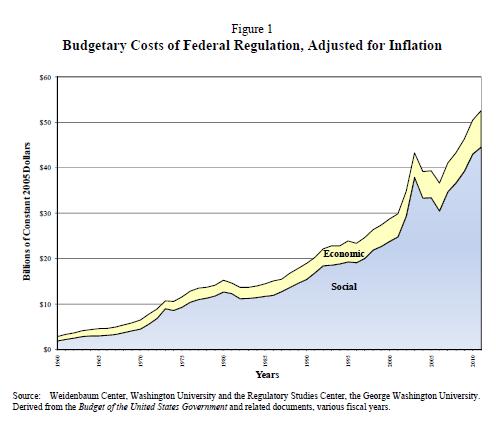
Is your internet service shoddy? Do you find that your connection is in and out? Do you think major data centers have the same types of problems?
The answer to that last question appears to be yes.
In a wonderfully titled article, “Guns, Squirrels, and Steel: The Many Ways to Kill a Data Center,” Wired provides a nice rundown of the principal culprits (allusion here).
As the title indicates, squirrels can account for up to 15-20% of cable damage at some data centers. The other culprits include hunters shooting out insulators, lightning strikes, explosions, and thieves — like thieves thieves, not virtual ones.
For those of you unfamiliar with the scourge of squirrels, let me just say that there are significant resources dedicated to fending off these furry little guys, and there is no one right way to do it (see, for example, the classic Outwitting Squirrels: 101 Cunning Stratagems to Reduce Dramatically the Egregious Misappropriation of Seed from Your Birdfeeder by Squirrels).
101 ways. And that’s just for bird feeders, not Amazon.com!
And the Outwitting Squirrels guide probably doesn’t include this or this, though honestly I haven’t consulted it lately.

